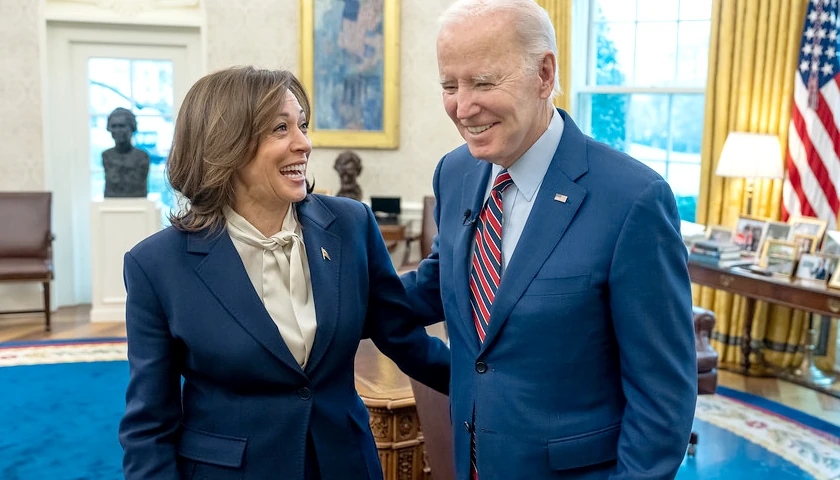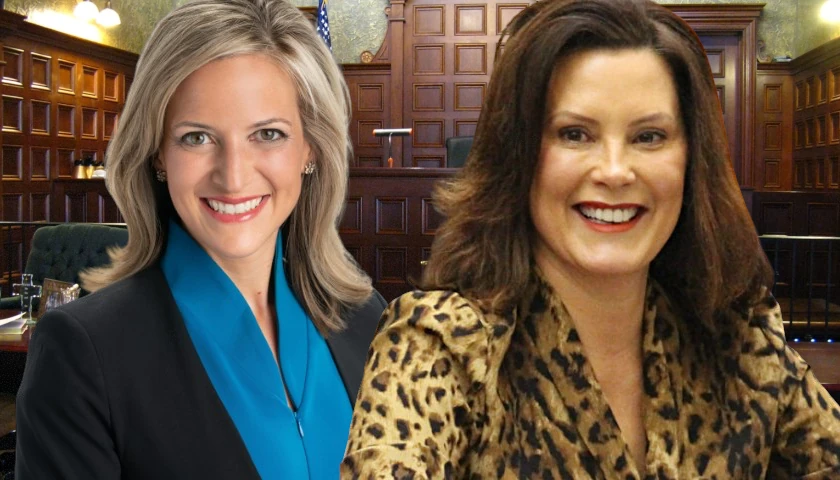by Bill Briggs
As the Small Business Administration official who oversaw the Paycheck Protection Program, I’m often asked, “Did PPP actually work?”
PPP was a response to state and local governments mandating shutdowns as a way to slow the spread of COVID-19. The premise was this: Encourage lenders to provide small businesses and nonprofits with forgivable, SBA-guaranteed loans over an eight-week period as a payroll-support measure. This small business financial support was designed to help prevent mass unemployment as Americans were confined to their homes.
PPP was initially funded for $349 billion. Talk about warp speed — SBA and PPP lenders went on to process 14 years’ worth of SBA loans in less than two weeks and over $500 billion in less than a month. Congress authorized more PPP funds in April, December, and most recently in March. The program continues to enjoy widespread bipartisan support, as evidenced by the recent 415-3 House vote to extend the program for a few more months. The Senate is poised to approve the same extension in the coming days.
But did the Paycheck Protection Program deliver on its promise? The evidence reveals that it did — and in more ways than most realize.
As the economy shut down a year ago, there were dire warnings of unemployment rates exceeding 20%, perhaps even 30%. Department of Labor data from March 2020 to April 2020 shows unemployment quickly surging from 4.4% to a COVID-era peak of 14.8% before steadily receding over subsequent months.
Thankfully, the worst-case scenario was never realized. A Herculean effort by both Congress and the Trump administration resulted in scores of small business employees being able to preserve both their jobs and their health.
Any clear-eyed assessment of these efforts would recognize that the program wasn’t perfect, as no government program that had to be set up in under a week and distribute over $700 billion could be. However, recent academic studies have suggested that the program was inefficient, even unnecessary. However, much of that snapshot analysis examined just the past year.
Here’s another scenario to consider: As noted above, DOL data reveals that PPP and other measures stemmed economic freefall. Economists and other experts didn’t consider how these programs prevented “deaths of despair” over a longer time horizon. Such horrific events have many contributing factors, but job loss and economic dislocation are all too often the trigger.
Some studies suggest that the opioid epidemic accelerated on the heels of the Great Recession. Humans innately understand how economic hardship can lead to despair: a person loses their job along with their employer-supported health care, then eventually gets hurt or sick, is unable to access proper care, and ultimately becomes addicted to deadly opioids in just a few short years.
The true value and lasting legacies of PPP and other COVID relief programs will rest on their mitigation of both economic and human tolls over time.
It’ll only become clearer over time that the Paycheck Protection Program averted mass unemployment and restored calm to both labor and small business markets while balancing the need for nationwide social distancing. These measures prevented a death toll with a longer tail that could have amounted to millions more deaths over several years.
The little agency that could at SBA did a lot of good amid historically horrific circumstances, so that the heroic engineers of small businesses could continue to keep America on the tracks.
– – –
Bill Briggs most recently served as the acting associate administrator for SBA’s Office of Capital Access. He oversaw the launch of the current round of the Paycheck Protection Program and served as the SBA’s liaison to financial institutions.






Mass unemployment could have been prevented without PPP if only the government had not shutdown business and lockdown enter populations. It is like getting credit for rebuilding a person’s house after being the arsonist who burned it down. government should not be given credit for MAYBE solving a problem it created. Especially when they use MY money to do it.